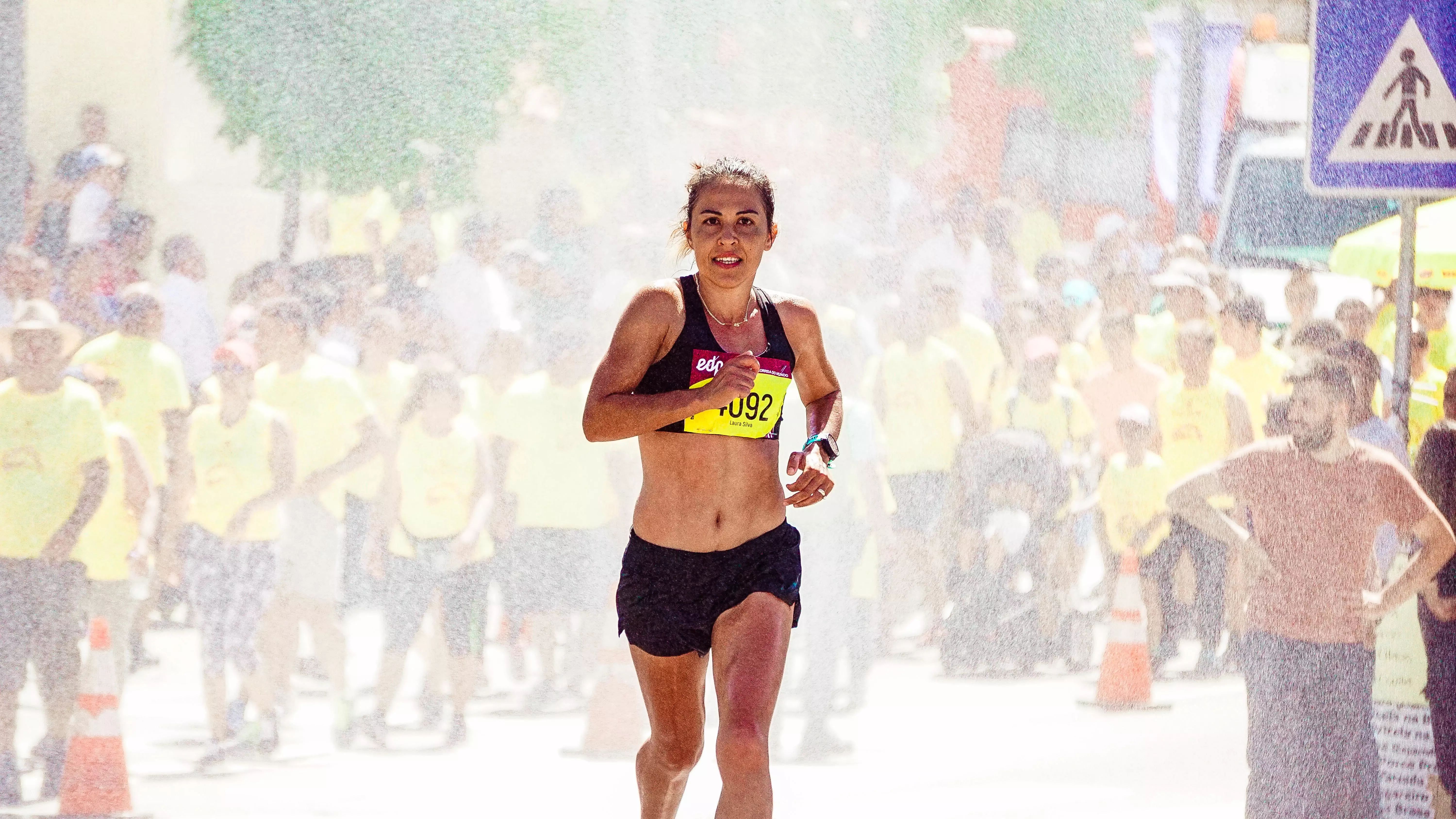Detailed content of our market study
 Inforamtion
Inforamtion
- Number of pages : 35 pages
- Format : Digital and PDF versions
- Last update :
 Summary and extracts
Summary and extracts
1 Market Summary
1.1 Definition and presentation
A sporting event is a one-time technical or sporting effort related to a single discipline that is held to promote the activities of that discipline; sporting events are one of the most complex categories of events to organize, especially when they are large competitions or tournaments. The most important pillars of a sports event are: the administrative area, logistics, Marketing and PR, and the use of volunteers. Sports events can be divided according to the organization behind them, private or public, and also according to size, mega-events, landmark events, major events, and minor events. The interesting aspect of sports events is the economic externality created and the diversification of actors involved.
In 2021, the value of the global sports events market reached $16.51 billion. The market is expected to grow at an annual rate of 6.32 percent (CAGR 2017-2027), leading to a projected volume of $32.26 billion by 2027.
More than 20 million people in Italy participate in sports activities, and the sports sector is worth a significant share of Italy's GDP. The most popular sports in Italy are soccer, tennis, swimming and rugby, not forgetting Motogp and Formula 1. According to Istat, Italian households spend an average of 109.9 euros per year on recreational and sports services and events. Various players, public associations and private companies are involved in the sector, and after the crisis related to the restrictions for Covid-19, the market is set to explode with a full return of all sports events and an increase in their development.
E-sports, often known as e-sports, is a competitive video game activity that is organized as a tournament involving direct confrontations between people or teams. E-sports events are expected to become increasingly popular in the future. The DreamHack and Intel Extreme Masters, which fill entire soccer stadiums, are the best-known traveling competitions that do not yet include Italy. Thus, there is still a huge market opportunity in Italy with minimal competition.
All our studies are available online in PDF format
Take a look at an example of our research on another market!
 Choosing this study means :
Choosing this study means :
Access to more than 35 hours of work
Our studies are the result of over 35 hours of research and analysis. Using our studies allows you to devote more time and added value to your projects.
Benefit from 6 years' experience and over 1,500 industry reports already produced
Our expertise enables us to produce comprehensive studies in all sectors, including niche and emerging markets.
Our know-how and methodology enable us to produce reports that offer unique value for money.
Access to several thousand articles and paid-for data
Businesscoot has access to all the paid economic press as well as exclusive databases to carry out its market research (over 30,000 articles and private sources).
To enhance our research, our analysts also use web indicators (semrush, trends, etc.) to identify market trends and company strategies. (Consult our paying sources)
Guaranteed support after your purchase
A team dedicated to after-sales service, to guarantee you a high level of satisfaction. +44 238 097 0676
A digital format designed for our users
Not only do you have access to a PDF, but also to a digital version designed for our customers. This version gives you access to sources, data in Excel format and graphics. The content of the study can therefore be easily retrieved and adapted for your specific needs.
 Our offers :
Our offers :
the sports event organization market | Italy
- What are the figures on the size and growth of the market?
- What is driving the growth of the market and its evolution?
- What is the positioning of companies in the value chain?
- Data from several dozen databases
5 reports pack (-15%) IT Italy
- 5 reports at €75.6 excluding VAT per study to choose from our Italian catalogue for 12 months
- Save 15% on additional studies purchased
- Choose to be refunded any unused credit at the end of the 12-month period (duration of the pack)
See the terms and conditions of the pack and the refund of unused credit.















